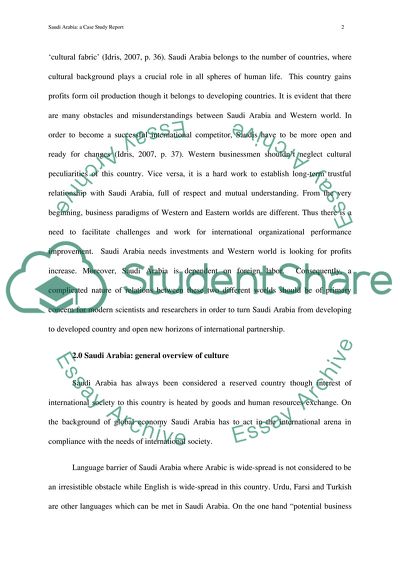Cite this document
(“Saudi Arabia: Case Study Report Research Paper Example | Topics and Well Written Essays - 3250 words”, n.d.)
Retrieved from https://studentshare.org/geography/1404810-saudi-arabia-case-study-report
Retrieved from https://studentshare.org/geography/1404810-saudi-arabia-case-study-report
(Saudi Arabia: Case Study Report Research Paper Example | Topics and Well Written Essays - 3250 Words)
https://studentshare.org/geography/1404810-saudi-arabia-case-study-report.
https://studentshare.org/geography/1404810-saudi-arabia-case-study-report.
“Saudi Arabia: Case Study Report Research Paper Example | Topics and Well Written Essays - 3250 Words”, n.d. https://studentshare.org/geography/1404810-saudi-arabia-case-study-report.


